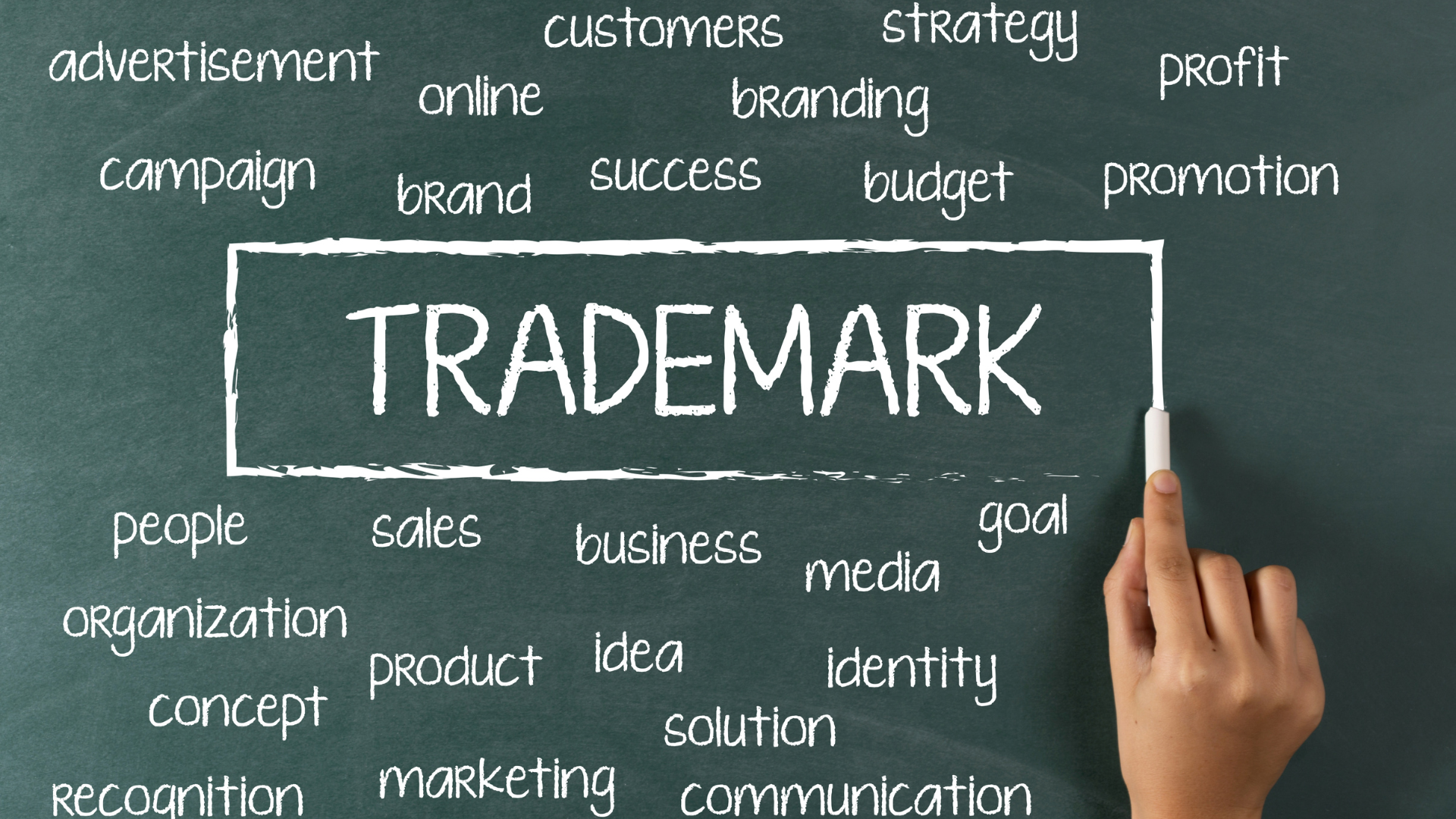
The Importance of Trademarks: Why Every Business Needs One
The Ministry of Domestic Trade and Consumer Affairs supervises intellectual property in Malaysia through the Intellectual Property Corporation of Malaysia (MyIPO). Malaysia offers sufficient security to investors, both domestic and foreign. Malaysia has periodically had its intellectual property laws reviewed by the TRIPs Council and found to be compliant with international norms.
There are various types of intellectual property in Malaysia such as patents, trademarks, industrial designs, copyrights and more. In this article, the focus will be on trademarks. Trademarks protect symbols, colours or other devices used to identify a business’ products or services. Now, looking into Non-Registrable Trademarks, firstly, Prohibited Marks. If the use of which is likely to confuse or deceive the public or contrary to law, it is prohibited to be registered as trademarks. Secondly, Scandalous or Offensive Matters. It shall not be registered if it contains or comprises any scandalous or offensive matters or would not otherwise be entitled to protection in any court of law.
It is important for one to register their trademark. They would have Exclusive Rights after registering their trademarks. Registered trademarks owners have exclusive right to use their marks in trading. They also have the rights to take legal action for infringement under the Trademark Law against others who use their marks without consent. They can either take civil action or lodge complaints to Enforcement Division for appropriate actions under the Trade Description Act 1972. Besides, Legal Evidence. Registration certificate issued by Registrar Office is prima facie evidence of trademark ownership. A certificate of registration serves as an important document to establish the ownership of goods exported to other countries.
Note few cases about trademarks infringement. Firstly, Danone Biscuits Manufacturing (M) Sdn Bhd [Formerly known as Britania Brands (Malaysia) Sdn Bhd v Hwa Tai Industries Berhad [2010] MLJU 52. On 29 October 1990, Danone Biscuits Manufacturing (M) Sdn Bhd (“the Plaintiff”) applied to register their “ChipsMore” trademark in Malaysia. The trademark was registered and renewed up to 20 October 2007. In early April 2001, the plaintiff discovered that the Defendant, Hwa Tai Industries Bhd, had been manufacturing and selling chocolate chip cookies bearing the trademark “Chipsplus”. The Plaintiff subsequently requested that the Defendant cease the manufacture and sale of cookies bearing this trademark, as it were confusingly similar to their registered “ChipsMore” mark. However, the Plaintiff sued the Defendant for trademark infringement as the Defendant refused to do so. The Malaysian court held that ‘ChipsPlus’ was an infringement of ‘ChipsMore’ as they were similar marks for identical goods and likely to deceive or cause confusion. In particular, the ‘Chips’ part was phonetically identical, the suffixes ‘More’ and ‘Plus’ have a similar meaning, and the formatting of the words was similar. Additionally, Danone successfully proved its passing off claim, demonstrating that its longstanding reputation and the striking similarity in packaging were likely to mislead consumers. The court concluded that Danone would suffer harm, including loss of business, if Hwa Tai continued using the “Chipsplus” mark.
Another case would be Liwayway Marketing Corporation v Oishi Group Public Co Ltd. Oishi Group Public Company Limited (“Oishi”) had been exporting products like fruit juices and green tea to Malaysia under the “Oishi” trademark. When Oishi sought to register this trademark under Class 32, it was opposed by the Registrar of Trademarks due to its similarity with Liwayway Marketing Corporation’s (“Liwayway”) registered trademarks in various classes. Oishi then filed to expunge Liwayway’s trademarks, arguing they were incorrectly registered or should be removed for non-use. Oishi claimed that under Section 45, Trademarks Act 1976, the word “OISHI” (i) is a Japanese surname; (ii) has a direct reference to the character or quality of the goods and services in question and (iii) has a well-known dictionary meaning. As for Section 46, Trademarks Act 1976, Oishi claimed that Liwayway had failed to use its trademark in respect of the goods and services in question for the duration of the relevant statutory period. The Federal Court of Malaysia recently ruled in favour of Liwayway, stating that unless a prima facie case of non-use is established by the applicant, Liwayway was not required to prove the mark’s use.

